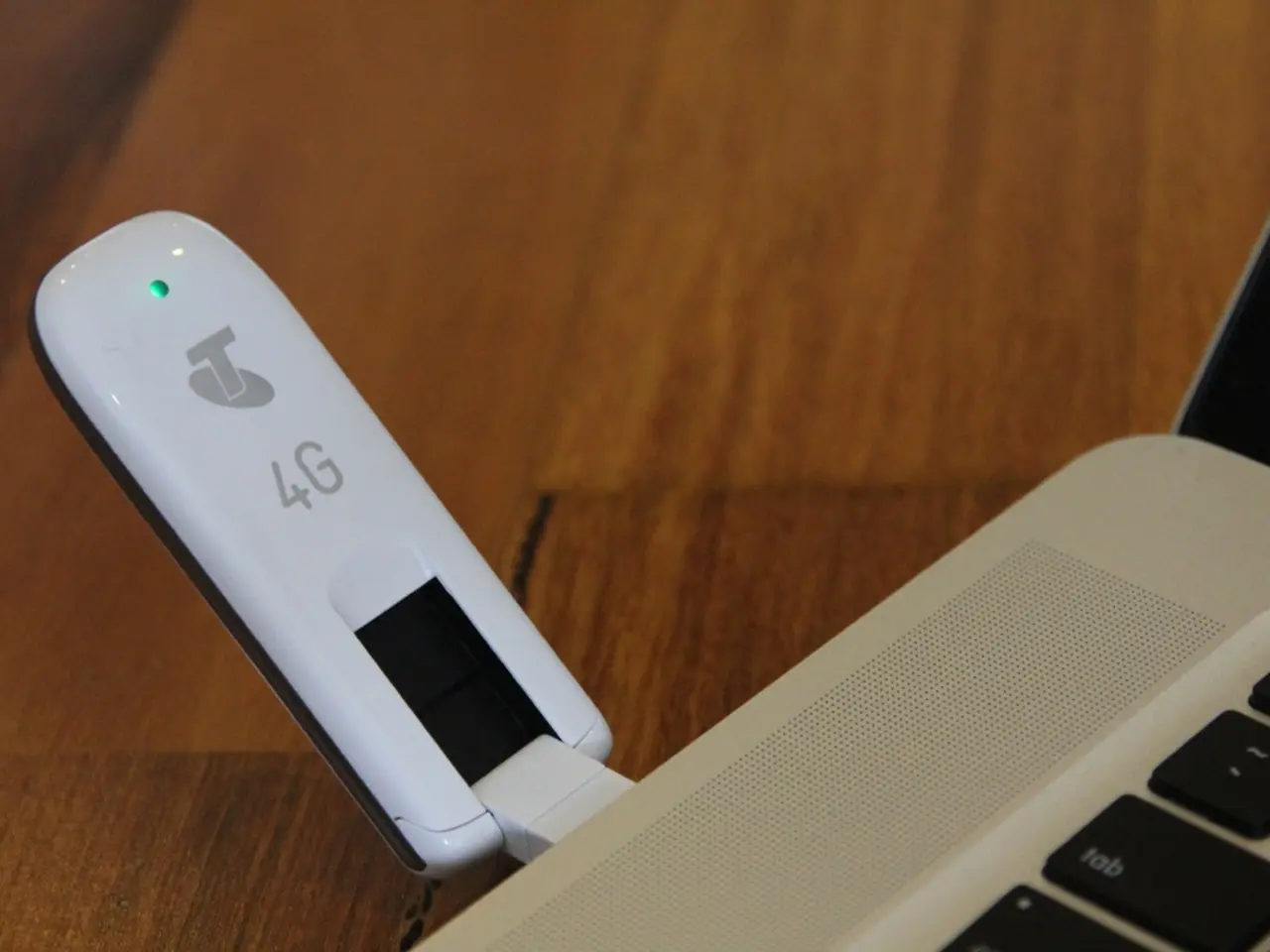Financial regulatory body proposes mandatory data sharing of transactional information between banks and fintech companies for effective monitoring of Value-Added Tax (VAT)
The Federal Inland Revenue Service (FIRS) in Nigeria has launched a new initiative to enhance tax compliance in the country's rapidly growing digital economy. The service has introduced a real-time Transaction Monitoring System (TMS) that requires banks, fintechs, payment service providers, and card schemes to integrate their platforms via APIs [1][3][5].
The TMS is designed to provide immediate visibility into VAT-applicable payments and deductions across the digital economy, offering a solution to the challenges posed by the exponential growth of the digital economy, which has outpaced traditional tax monitoring methods, creating gaps in transaction visibility and compliance [2].
Key features of the TMS include:
- API Integration: Financial institutions must route transactions through the FIRS portal using API connections, allowing seamless data exchange between their systems and the FIRS platform [1][3][4].
- Real-Time Visibility: The system tracks transactions live, enabling FIRS to identify VAT liabilities the moment a payment happens [1][3][5].
- Automated Reconciliation: Using encryption and AI-powered validation, the platform reconciles invoices automatically, verifies taxpayer thresholds, and detects reporting errors without directly collecting tax payments on the portal [1][5].
- Compliance Enforcement: Institutions that fail to integrate or comply face heavy fines, including ₦1 million for the first day and ₦10,000 for each subsequent day of non-compliance [5].
The objective of the TMS is to close tax collection loopholes, reduce leakage in Nigeria's expanding digital economy, and ensure a transparent, fair VAT ecosystem for all stakeholders [1][5].
Payment service providers (PSPs) like Paystack and Flutterwave must calculate VAT on the total transaction value if it's not collected at checkout [4]. They will log in to a secure admin portal to share real-time transaction data, including the VAT component, for both merchants and customers [3].
Financial institutions are being asked to connect to the portal because they can accurately document taxes on millions of micro-transactions [1]. The FIRS built the platform with a focus on real-time data collection, monitoring, and ensuring complete transparency in the digital world [1].
It's important to note that the FIRS will not collect taxes directly through the portal. Instead, it will use the portal to monitor transactions in real time through a centralized dashboard [3]. All institutions must register and integrate with the TMS via APIs before activating their dashboard [3].
The TMS is part of an aggressive push by FIRS to plug tax leakages in the fast-growing digital economy [6]. The data is then grouped accordingly and pushed to the Transaction Monitoring System [2].
References: [1] FIRS (2025). FIRS Introduces Real-time Transaction Monitoring System. Retrieved from [https://www.firs.gov.ng/news/firs-introduces-real-time-transaction-monitoring-system] [2] Nairametrics (2025). FIRS Launches Real-time Transaction Monitoring System. Retrieved from [https://nairametrics.com/2025/07/23/firs-launches-real-time-transaction-monitoring-system] [3] TechCabal (2025). FIRS Unveils Real-time Transaction Monitoring System. Retrieved from [https://techcabal.com/2025/07/23/firs-unveils-real-time-transaction-monitoring-system] [4] BusinessDay (2025). FIRS to Collect VAT on Digital Transactions. Retrieved from [https://www.businessdayonline.com/banking/firs-to-collect-vat-on-digital-transactions/] [5] Premium Times (2025). FIRS Fines Institutions for Non-compliance with VAT Monitoring System. Retrieved from [https://www.premiumtimesng.com/business/firs-fines-institutions-for-non-compliance-with-vat-monitoring-system/] [6] ThisDay (2025). FIRS Pushes for Greater Tax Compliance in Digital Economy. Retrieved from [https://www.thisdaylive.com/index.php/2025/07/23/firs-pushes-for-greater-tax-compliance-in-digital-economy.html]
- The new initiative by the Federal Inland Revenue Service (FIRS) in Nigeria, a real-time Transaction Monitoring System (TMS), is designed to improve tax compliance within the country's finance and technology sectors, particularly in the fast-growing fintech and payments subsectors.
- In order to integrate their platforms and facilitate seamless data exchange, technological solutions such as APIs (Application Programming Interfaces) are required for banks, fintechs, payment service providers, and card schemes to participate in the TMS.
- To ensure a transparent and fair tax ecosystem, businesses in Nigeria are now expected to adhere to the new regulations and comply with the TMS by connecting to the portal and sharing real-time transaction data, which includes the VAT component for both merchants and customers.




